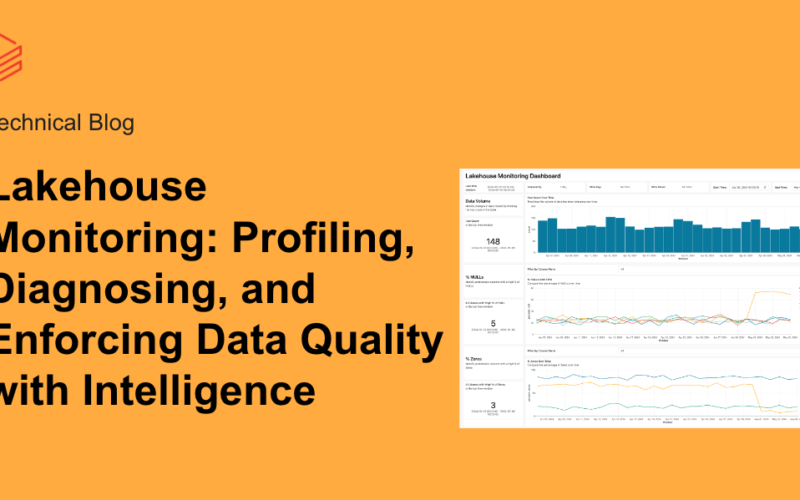21
Aug
(OK-product-studio/Shutterstock) As the initial excitement over generative AI starts to fade, some executives are beginning to question whether it will pan out in the long run. Others, however, are still quite bullish on GenAI’s potential to create value, provided it meets a few key requirements. Goldman Sachs turned some heads recently with a report casting doubt on GenAI and raising uncomfortable questions about the potential for companies to see a return on their GenAI investments. Gartner also issued a report recently saying 30% of GenAI initiatives will be abandoned by 2025. While there are some issues to be worked out…




